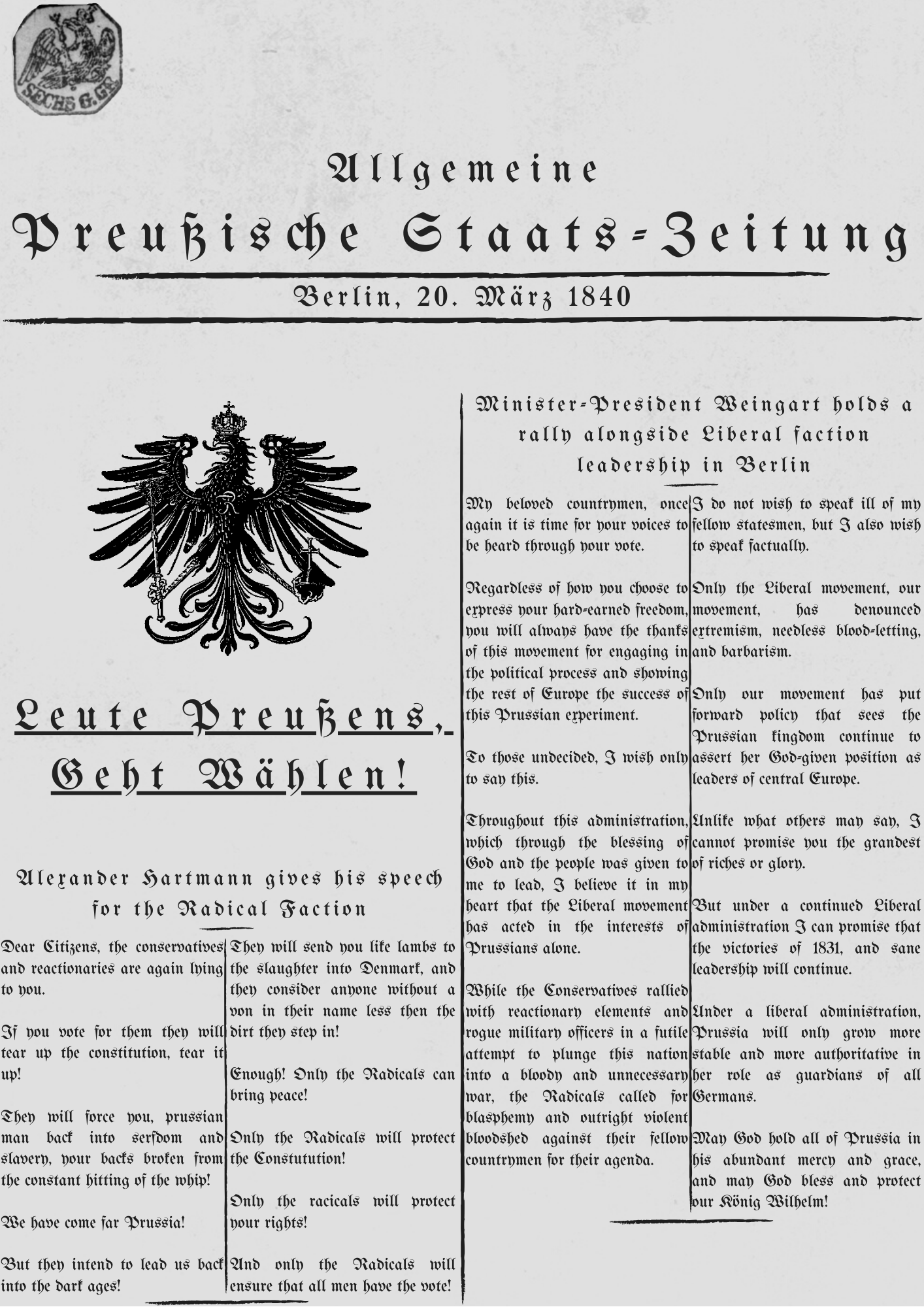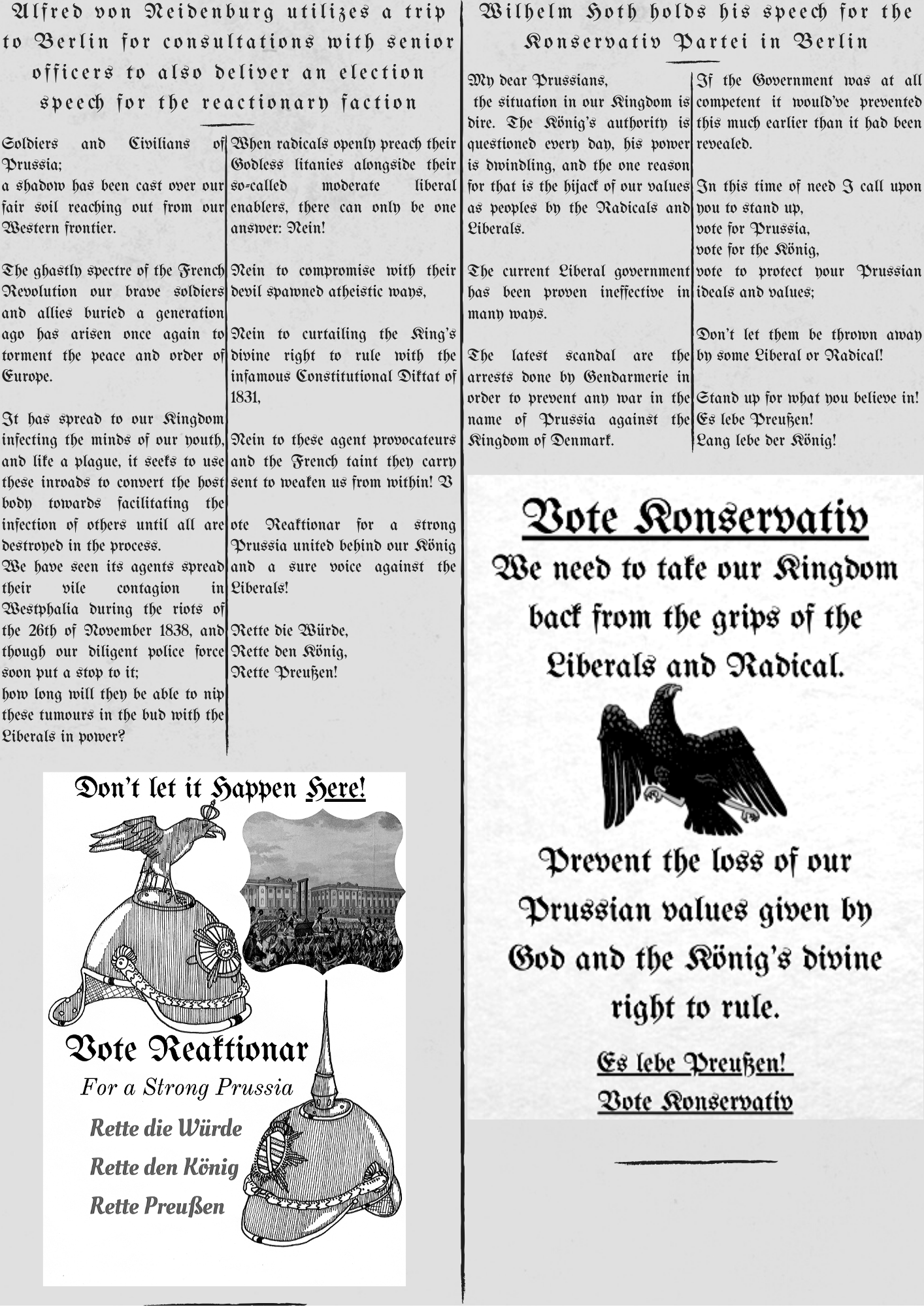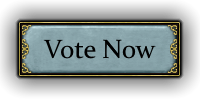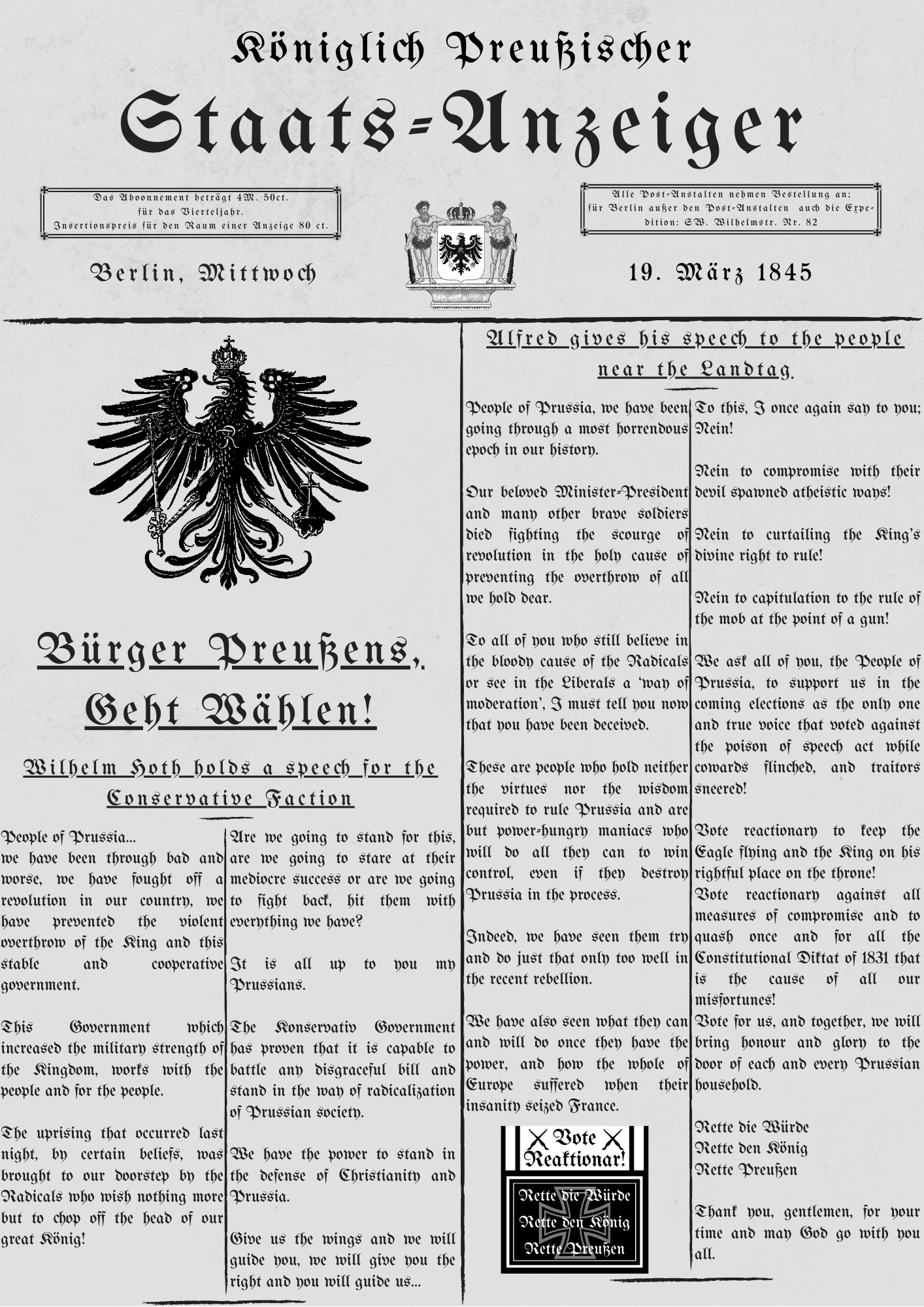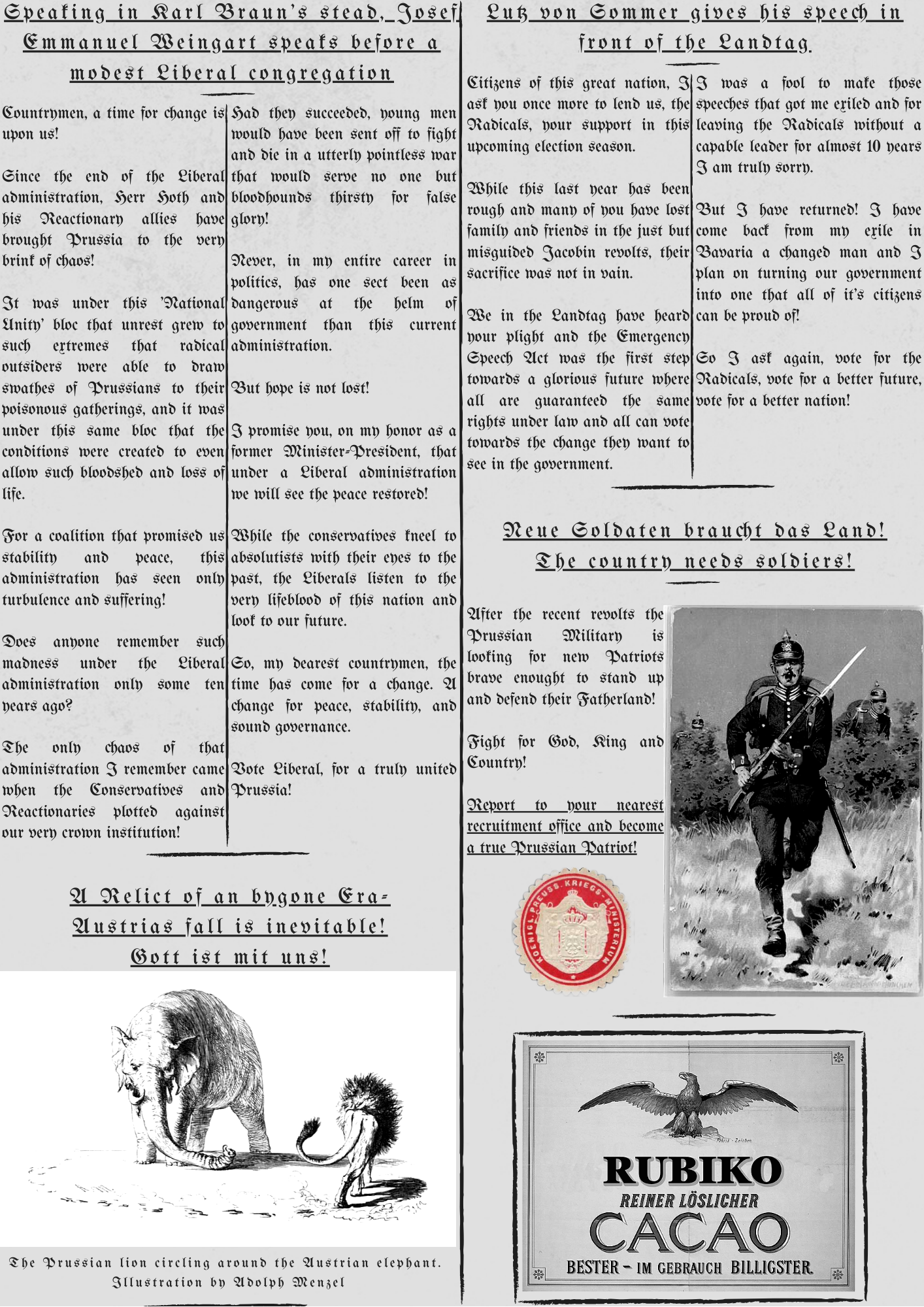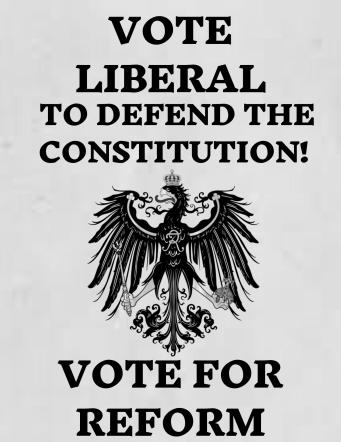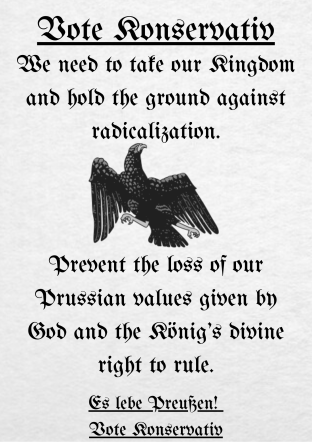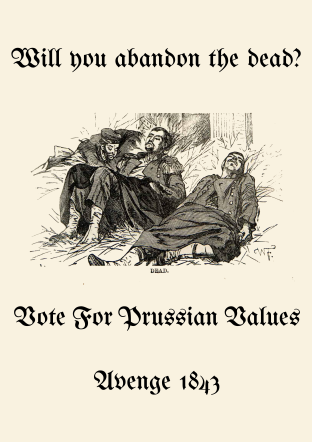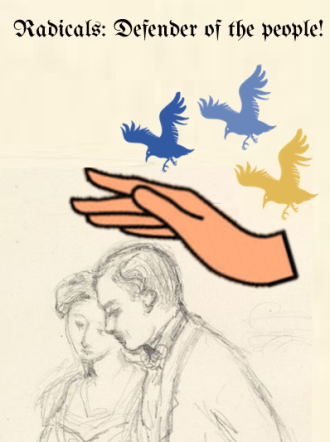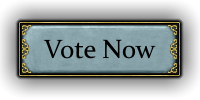The Formation of a Government and the 1835 Landtag Session
The Formation of a Government and the 1835 Landtag Session
Soon after the 1835 elections, the King and the Crown Prince started the process to form a government by inviting all major faction leaders to his palace in Berlin. After hearing them out, they decided it would be best for the country to be ruled by a Liberal-Conservative coalition government. The highest priority for this government would be to approve a budget for 1836 and 1837 to balance the economic damage of the last few years. After appointing Josef Emmanuel Weingart to the position of Minister-President, the Crown Prince and the Minister-President went over the most important decisions that would have to be made to run the country. A foreign policy was outlined to bring Hannover, Saxony and Bavaria into Prussia's sphere of influence, and in addition Prussia would allign itself with the United Kingdom. Diplomatic backchannels between the UK and Prussia soon established a formal military alliance between the two countries. The Minister-President and the Crown Prince also outlined the national focus for Prussia's domestic policy. The local government of Brandenburg would encourage soldiers, while in the Rheinland the construction of basic industry was also encouraged.






Railroad Interest Act (Written by Karl Braun, Liberal Faction)
Railroads are becoming a important part of industry around the world and Europe, to get a head start we must invest in its development, to do this we must research it and it’s logistics to start our railroad boom for Prussian cities and industry by subsidizing engineers to look into the logistics and engineering need to install and build railroads around Prussia.
Ingame Effect- Research Experimental Railroad
Scientific Research Act (Written by Lutz von Sommer, Radical Faction)
Science is the future and thus we should spend our time furthering our knowledge of the different sciences especially when it comes to newer fields like Chemistry and Biology where a new breakthrough might help us discover a whole new realm of possibilites.
In-game effect - Research Medicine
Child Protection Act (Written by Karl Braun, Liberal Faction)
While Prussian children should be able to help provide for their families, restrictions are need to safeguard our children from abuse, or getting themselves seriously hurt in the factory, therefore the Child Protection Act shall forbid privately owned and goverment owned factories from employing children younger than the age of 9 and only allow children under the age of 16 to work up to max 10 hours a day.
Ingame Effect - set law to “Child Labour Restricted”
Budget Proposal for 1836 (Written by MP Josef Emmanuel Weingart with oversight from Moderate Coalition membership)
To address the ongoing budget deficit, the Coalition government established with the King's favor presents the following emergency measures for the year of 1836.
1. An increase on various labor and land taxes, resulting in an overall 20% increase to Lower Class taxation.
2. An increase on dues from various Artisan Guilds, resulting in an overall 10% increase to Middle Class taxation.















